EU voices frustration over coronavirus vaccine delivery delays
One month after its launch, the coronavirus vaccination campaign in the European Union is already in crisis. Vaccine shipments have been delayed and EU leaders are under fire for mishandling the ordering process. In some areas, inoculation programs have ground to a halt.
Some initial delays have stemmed from temporarily reduced shipments by US-based Pfizer and its German partner, BioNTech, which makes up the bulk of vaccine currently being delivered in the EU. Other vaccines that Europe was counting on have been held up in trials.
Additionally, the bloc and drugmaker AstraZeneca sparred Wednesday over a delay in coronavirus vaccine deliveries.
The EU said it will receive 20 million doses of AstraZeneca vaccines -- just a quarter of the doses that member states were supposed to get during January to March 2021.
The UK-based company said last week that it planned to cut initial deliveries in the EU to 31 million doses from 80 million due to reduced yields from its manufacturing plants in Europe.
AstraZeneca Chief Executive Pascal Soriot addressed the dispute for the first time Wednesday, rejecting the EU’s assertion that the company was failing to honor its commitments. Soriot said vaccine delivery figures in AstraZeneca’s contract with the 27-nation bloc were targets, not firm commitments, and the company was unable to meet them because of problems in rapidly expanding production capacity.
“Our contract is not a contractual commitment, it’s a best effort,’’ Soriot said in an interview with the Italian newspaper La Repubblica. “Basically, we said we’re going to try our best, but we can’t guarantee we’re going to succeed. In fact, getting there, we are a little bit delayed.”
Fraught relations showed up in confusion about the timing of a meeting between the EU and AstraZeneca.
EU officials said the firm had pulled out of a virtual meeting scheduled for Wednesday, an Austrian minister then said it was set for Thursday, which was followed by an AstraZeneca statement saying it would go ahead on Wednesday as planned.
The EU contract with AstraZeneca is an advance purchase agreement for the supply of at least 300 million doses provided the vaccine is approved as safe and effective, with doses delivered in stages. A decision on approval is scheduled for Friday.
In a further sign of friction, EU officials also said details revealed by Soriot on production capacity and best-effort clause were confidential, and hinted at the possible breach of contract.
Officials added that the best-effort clause was standard in contracts with manufacturers of products in development.
“Best effort is a completely standard clause when you are signing a contract with a company for a product that does not yet exist,” one official said. “Obviously you cannot put a completely legal obligation” under these conditions.
The EU’s health commissioner outright dismissed on Wednesday an argument made by the Anglo-Swedish company’s chief executive that he was contractually obliged to supply the UK first.
In a withering statement, Stella Kyriakides said the UK should not earn any advantage from signing a contract with AstraZeneca three months before the EU’s executive branch put pen to paper.
“We reject the logic of first come, first served,” the commissioner said. “That may work in a butcher’s shop but not in contracts and not in our advanced purchase agreements.”
Sweden withholding payments to Pfizer as it suspects it is being overcharged
In a related development, Sweden said it is withholding payment to Pfizer while it figures out if it is being overcharged for coronavirus vaccine doses.
Sweden's health agency urged the EU to ask Pfizer why it was being charged for six doses per vial of the Pfizer-BioNTech vaccine, despite only agreeing to pay for five.
Sweden is receiving Pfizer vaccines as part of a series of deals signed between the EU and Pfizer for around 600 million doses.
But on January 8, the European Medicines Agency (EMA) gave Pfizer permission to relabel the number of doses in their vaccine product from five to six, so that more people can be inoculated.
"This is unacceptable. If a country only has the ability to extract five doses, it has received fewer doses for the same price," Richard Bergstrom, Sweden's vaccine coordinator, told Dagens Nyheter.
According to the EMA, "low dead-volume syringes and/or needles are needed" to extract the sixth dose.
However, the needles, which minimize the chance of liquid getting stuck inside and wasted, are in short supply, MedicalXpress reported.
Source: Agencies
Iranians rally nationwide in support of Operation True Promise
Raeisi: Operation True Promise ‘a necessary response’ to Israel
OIC slams US for blocking Palestine’s bid for full UN membership
US police arrest 108 pro-Palestine protesters at Columbia University
Top commander names four 'historic achievements' of Operation True Promise
VIDEO | Iranian attack and crisis of entity
UN chief: Israel’s war turned Gaza into 'humanitarian hellscape'
Meta's WhatsApp challenged for complicity in Israel’s Gaza genocide




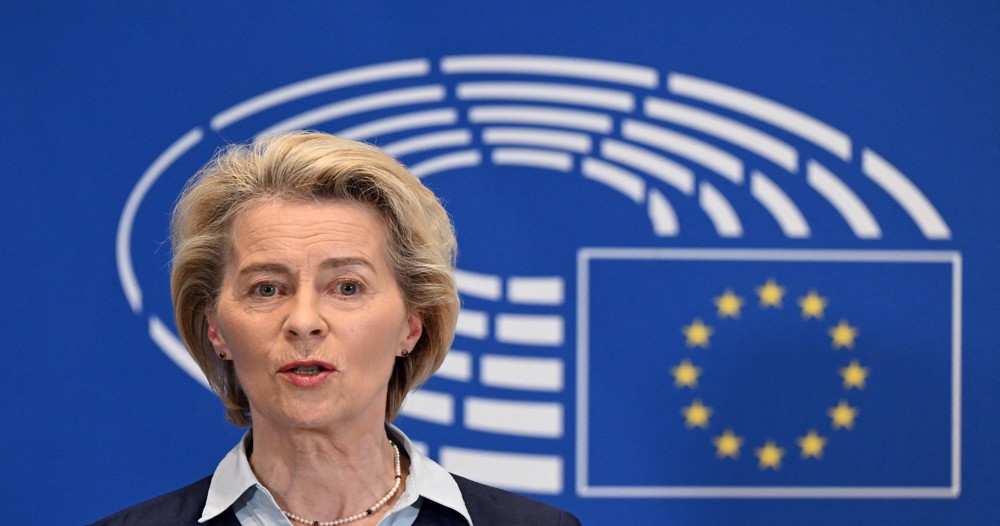
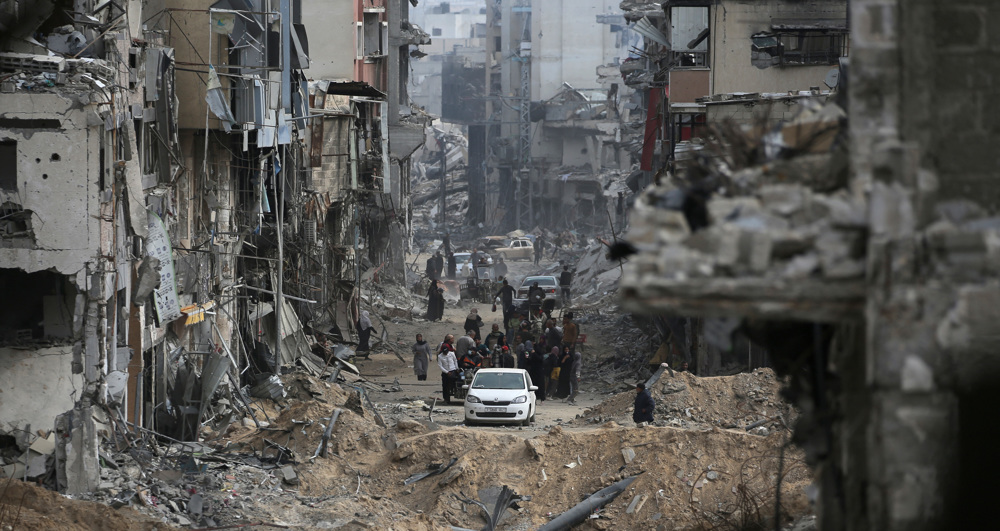
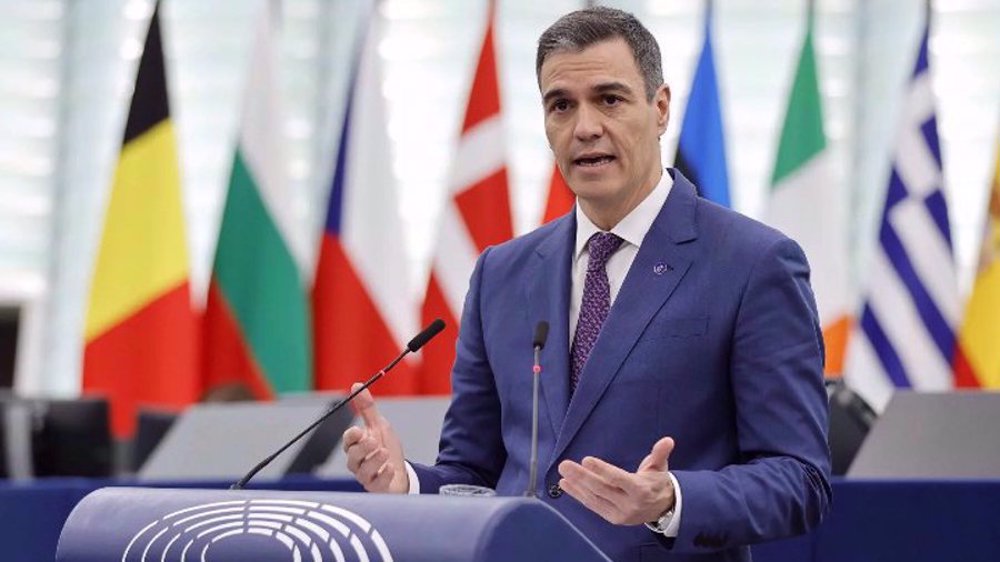





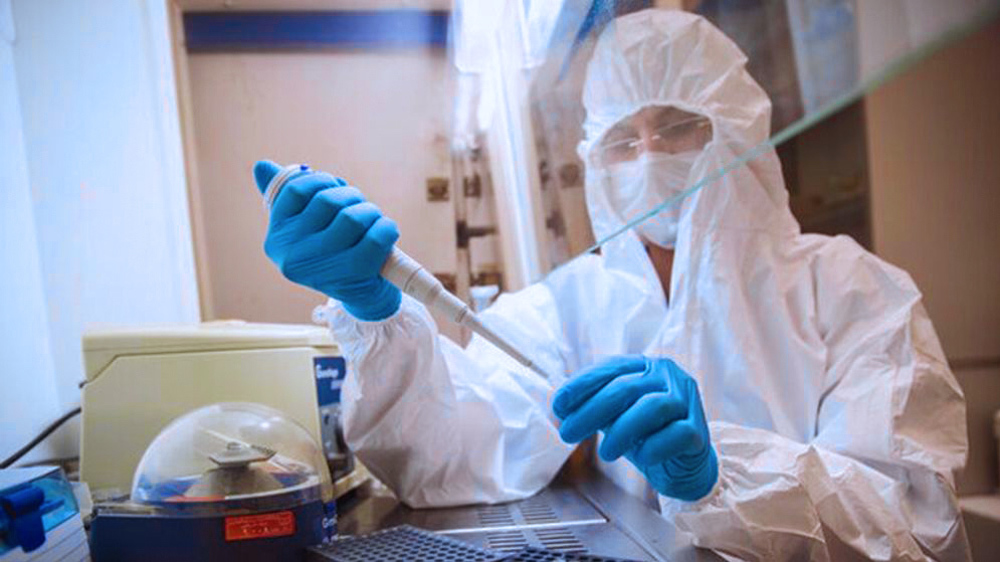

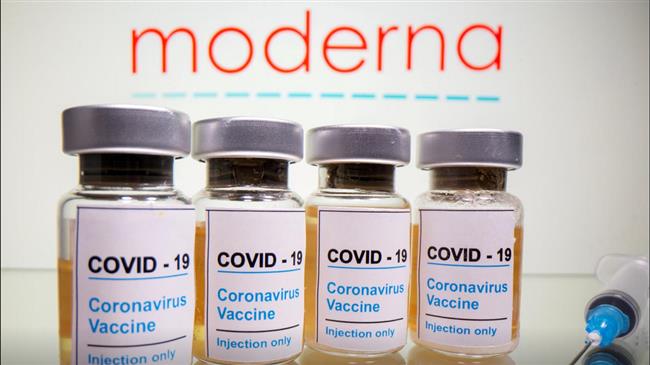

 This makes it easy to access the Press TV website
This makes it easy to access the Press TV website